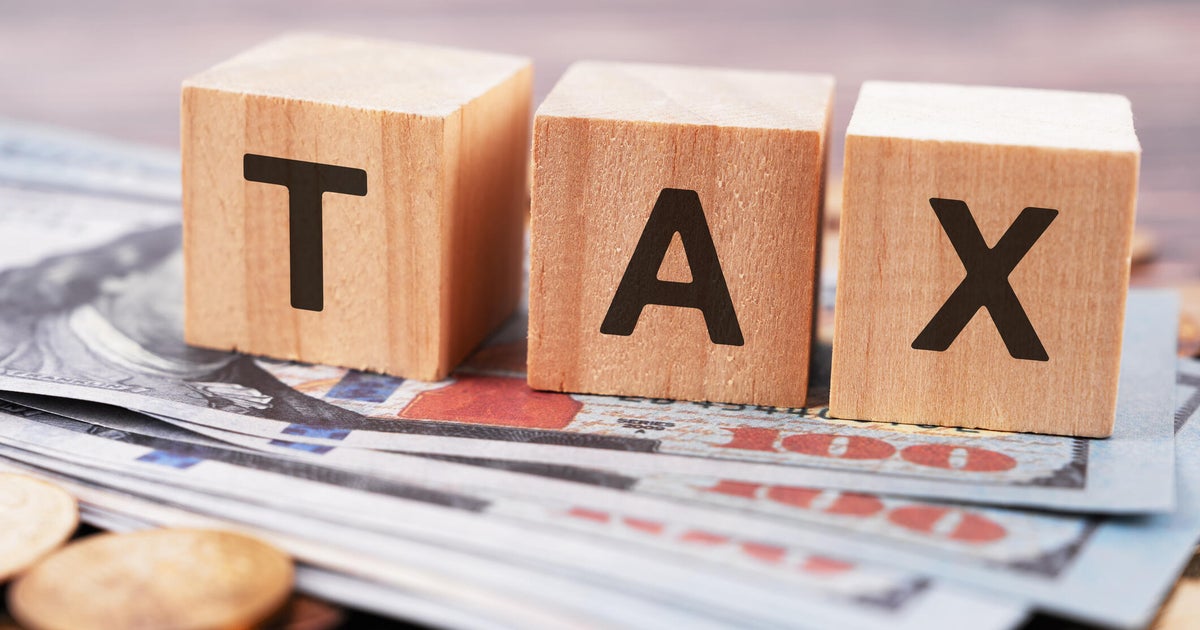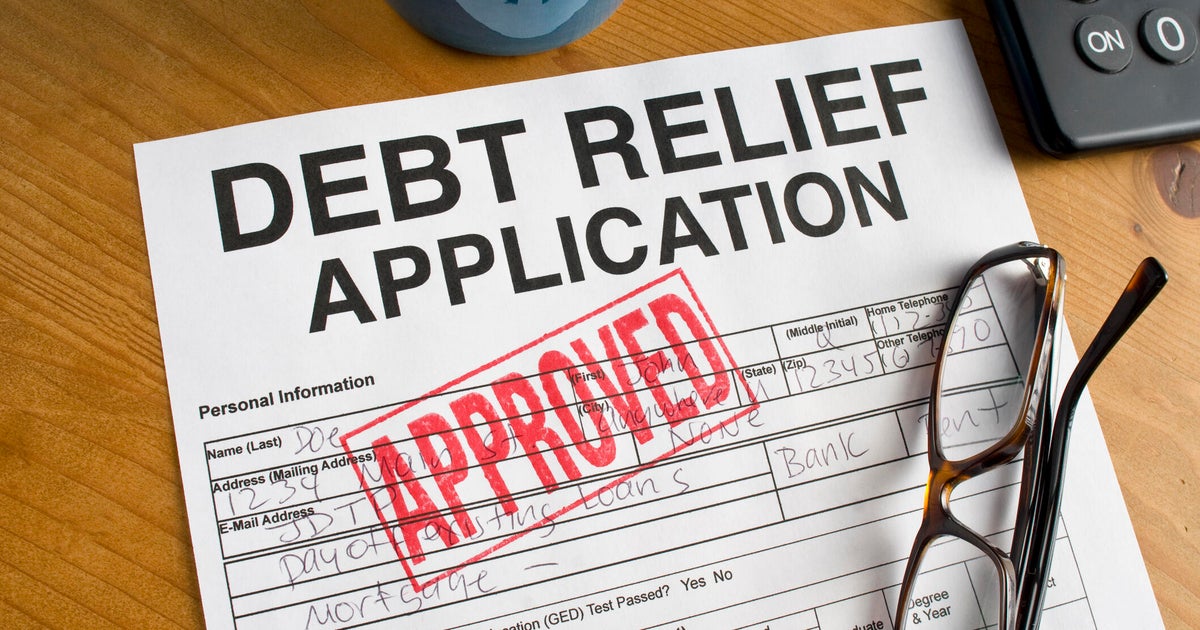How can I stop the IRS from garnishing my wages?
Knowing that you owe money to the Internal Revenue Service (IRS) can be stressful enough, but if the situation escalates to the point of wage garnishment, those stress levels can surge. Unlike private creditors, the IRS doesn't need a court order to start garnishing your paycheck. Once they've sent you the proper notices and deadlines have passed without payment or resolution, the IRS has the authority to begin taking a chunk of your earnings each pay period. This can leave you struggling to cover your basic expenses.
What many taxpayers don't realize, though, is that the IRS doesn't immediately start garnishing your wages when you have tax debt. Garnishment is typically the final step in a lengthy collection process — one that includes multiple opportunities to resolve tax issues before reaching this point. But if you're already at risk of this type of collection tactic, it might feel like you're powerless against the IRS. After all, the federal agency has significant power to collect what's owed.
However, there are a few different ways to stop or prevent wage garnishment. You'll need to act quickly, though. The longer you wait, the harder it can be to reverse the garnishment and protect your income.
Speak to a tax relief expert about the help available to you today.
How can I stop the IRS from garnishing my wages?
The most direct way to stop an IRS wage garnishment is to take immediate action. To start, consider full payment of your tax debt if financially possible, as this immediately halts the garnishment and prevents further collection actions. This isn't always a feasible route to take, however, which is why the IRS offers several alternative arrangements, including:
An installment agreement: Setting up an installment agreement is one of the most accessible solutions when you're facing wage garnishment This formal payment plan allows you to pay your tax debt in manageable monthly amounts while stopping the garnishment.
To qualify, you'll need to file all required tax returns and provide financial information. Once approved, the IRS will release the wage levy within approximately 30 days, though you must remain current with all installment payments and future tax obligations to prevent reinstatement of the garnishment.
Currently Not Collectible (CNC) status: If you're experiencing significant financial hardship, claiming currently not collectible (CNC) status offers another pathway. To qualify, you must demonstrate that paying any portion of your tax debt would prevent you from meeting basic living expenses.
If approved, the IRS temporarily halts collection actions, including wage garnishment, though interest and penalties continue accruing on the unpaid balance. However, the IRS will periodically review your financial situation to determine if your ability to pay has improved.
An Offer in Compromise: Applying for an Offier in Compromise could be a more permanent solution to your wage garnishment problem, as it allows you to settle your tax debt for less than the full amount owed. This option works best when you can demonstrate that there's doubt about the liability's accuracy, there's doubt that the full amount could ever be collected, or collection would create economic hardship.
The application process involves substantial financial disclosure and typically requires an application fee and initial payment, though low-income taxpayers may qualify for waivers. If the IRS accepts your offer, wage garnishment stops, and upon completing the agreed payment terms, the remaining tax debt is forgiven.
A Collection Due Process hearing: Requesting a Collection Due Process hearing is another avenue to consider if you've received a Final Notice of Intent to Levy but garnishment hasn't started yet. This formal appeal right allows you to challenge the appropriateness of the collection action or propose alternative resolution methods.
Filing for a hearing within 30 days of receiving the notice triggers this process and temporarily suspends collection activities, including garnishment, until the hearing concludes. During the hearing, you can request any of the previously mentioned payment arrangements or raise procedural issues regarding how the IRS has handled your case.
See what tax relief options are available to you now.
Can a tax relief professional help?
Yes, a qualified tax relief professional can be helpful when it comes to stopping an IRS wage garnishment. These professionals, which are typically enrolled agents, certified public accountants or tax attorneys, know how to navigate the complex tax resolution process. Here's how a tax relief expert may assist with IRS wage garnishment issues:
- Negotiate with the IRS to set up installment agreements, apply for Offers in Compromise or argue for financial hardship relief
- Handle paperwork to ensure everything is submitted accurately and on time, reducing delays
- Request a hold on collection efforts if your wages are being garnished or a levy is looming
While hiring a professional does come with a cost, many taxpayers find the investment worthwhile, especially when it means protecting your income.
The bottom line
If you're facing an IRS wage garnishment, the IRS won't wait for your permission to start taking money out of your paycheck. But the good news is that you have options — and you don't have to handle it alone. Whether you choose to resolve the debt yourself or enlist the help of a tax relief expert, though, it's important to be quick with your response. Ignoring the situation will only make things worse, but facing it head-on can help you stop the garnishment and regain control of your finances.






